Introduction:
Hair fall in teenagers is a sudden-appearing disorder that creates hesitation. More than a few teenagers had despaired beyond all hope of adding another unwelcome complication to the journey traveled In so far as he’d been assured. It is important to understand why this might be the case, so that we may work towards solving it. here are the 5 most unexpected causes for hair fall in males of the teenage group.
Hormonal Changes:
This Is Knowing Hormones when in Teens:
Teenage boys also undergo so many changes hormonally during the period of adolescence. The body increases the secretion of androgen hormones which include testosterone. These hormones are the ones normally involved in the development of sexual characteristics. But they come with side effects such as hair fall.
DHT increases more effects:
One of the related hormones that are essential in the entire process is Dihydro testosterone also known as DHT. DHT Testosterone is metabolized to create DHT which is well known to trigger miniaturization of hair follicles. Hence impairs the hair’s capacity to develop.
Impact of Stress Hormones:
Another major factor during this period as well as several other complications is stress. Now boys have school stresses, social problems, and future responsibilities. And it was proved that stress is at an unbelievable level. Any stressing factor or state that calls for the production of cortisol hormone is likely to trigger hair loss. Teenagers must also be able to recognize the stress factors and learn how to approach them either through talking to someone by engaging in an activity or through relaxation techniques.
Nutritional Deficiencies:
Major nutrients highly beneficial for hair health:
Nutrition and dieting have a close relationship with might health and this is why, it is important to take foods that will enhance the health of hair. There are some vitamins such as vitamin A, vitamin E, and some of the B complex vitamins which are essential for hair strength while some of the minerals include iron as well as zinc. So, when people speak of a balanced diet it is not only healthy hair you are getting, it’s healthy you, because after all hair is just Hair which is part of the body.

Poor dieting leads to poor results in most cases:
Unfortunately, what is evident with the teens currently is that they are unable to make healthy food choices, especially in their daily diets and some of them even skip meals more often. These choices can vote the body to give out lesser nutrients hence having weaker hair. Well let’s not kid ourselves a diet of junk food is not going to advance any individual’s hair dreams, is it?
Signs of Nutritional Deficiency:
Lack of nutrients can be anything from laziness to having untidy coarse hair at the head. This is especially the case if one would notice that the hairs look thinner than they should and this could maybe point to the need to change the diet to supply the right foods with proper nutrients for the body.
Genetics and Family History:
Understanding Genetic Predispositions:
It is, therefore, clear that genetic-related issues are going to play a very big role in the baldness issues that are going to be evident in the elderly. If most of the members of a family have been known to have male-pattern baldness then it will be possible for teenage boys to also develop similar conditions. For this reason, such patterns should be created in a way that one does not feel helpless once one realizes that hair loss is at the onset.
Understand signs that are early concerning genetic hair fall:
If a boy has having shrinking hairline or other bald patches he should assume that it might be genetic hair loss. Although these changes may be quite small in the initial stages, they are very important changes. If it is inherited it is advised that you track any possible symptoms as such information may help one to determine the next course of action.
Precautionary measures:
Genetic effects are in a way that would be or could be avoided by some factor within a lifestyle. Little measures such as eating well-balanced meals, reducing stress as well as staying away from very strong chemical substances can do wonders. If, however, the occurrence of genetic hair loss is of particular interest, a conversation with a healthcare provider may lead to talks about remedies.
Environmental Factors:
Pollution also has Factors that Affect Hair Health:
Do not disregard the role that environmental factors play. Vehicles and Industrial pollution can stick onto on your hair and scalp, damaging it and could even cause hair fall. Some of these effects can be moderated with minimal efforts like covering hair when in polluted areas.
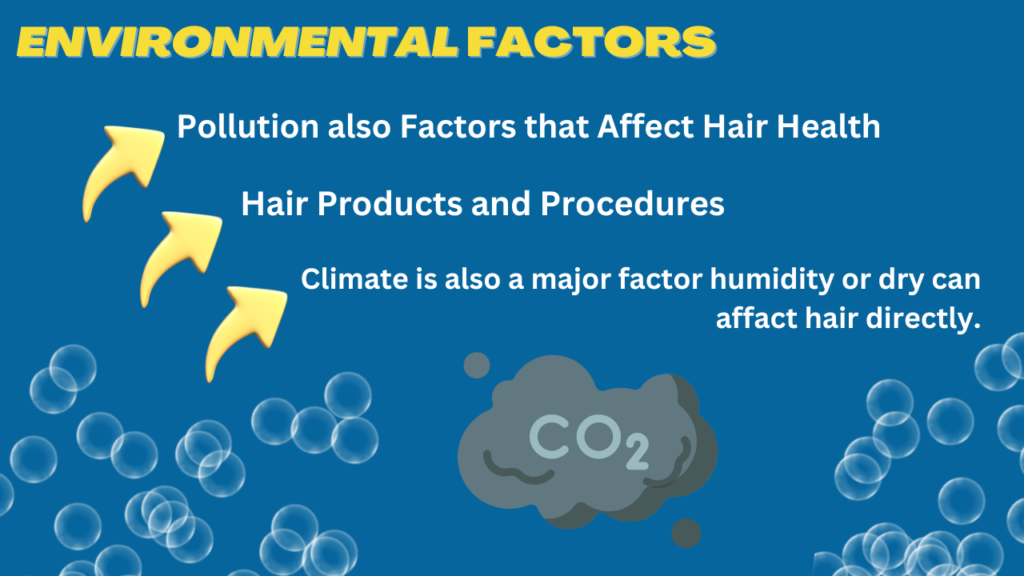
Hair Products and Procedures:
Teenagers are always too ambitious to no try out every other hair product that they come across. But, a lot of hair gels, waxes, and colors use ingredients that can damage follicles. Reading labels so that you can choose hair care products with hair health in mind, and using highly specialized and preferably natural alternatives to get this done is very smart.
Climate Considerations:
Climate is also a major factor because humidity or dryness can vary hair directly. It could be making your hair frizzy and causing splitting at the ends, or it might be contributing to brittle, dry hair. By taking into consideration the impact climate has on your hair, you can then care for it appropriately.
Medical Conditions:
Medical Causes of Hair Fall:
What is Hair Fall • Alopecia (hairlessness) are at this alopecia is a form of hair loss that occurs when your immune system mistakenly attacks hair follicles. Hair deficiencies can also be a result of thyroid disorders. Explaining these conditions will help you know when hair loss could be a warning signal.
How Medications Influence Your Hair Health:
Medications some medicines are linked to hair loss. If you have recently started a new medication and hair loss is one of the side effects please contact your doctor. They may help guide and make adjustments in your treatment.
When to Seek Medical Advice:
For parents, it can be tough to determine whether the occasional hair loss or change is normal or a sign of something much greater. Sudden hair loss is a troubling signal but contacting a healthcare provider may calm you a bit and provide suitable options for the forms of treatments.
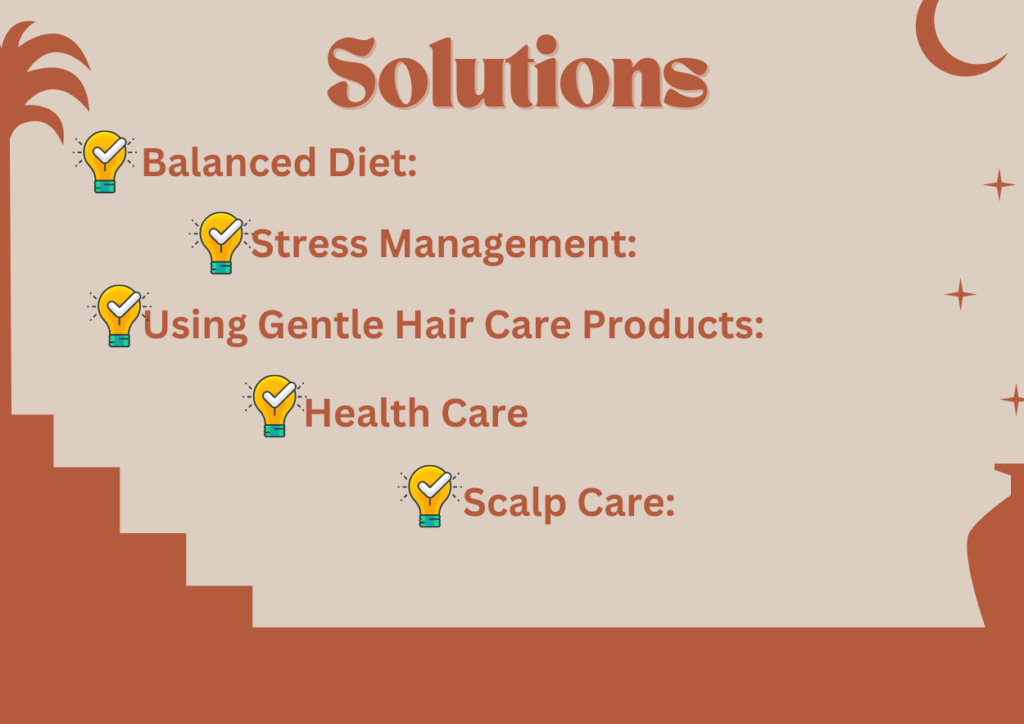
Solutions for Hair Fall in Teenagers:
1) Balanced Diet: Nutrition plays an important role in hair health. It is argued that attention should be paid to food products containing the vitamins and minerals, iron, zinc, vitamin D and B vitamins. Lean proteins, fruits, vegetables, and whole grains must be included in the diet.
Tip: Inculcate eggs, spinach, nuts, fish, etc. to enhance the quality and growth of hair.
2) Stress Management: However, the application of relaxation technologies contributes to a decrease in hair loss because it alleviates some of the stress factors. Stress within a fair level can be reduced by physical activities, music, meditation and hobbies. Physical exercise regularly along with the practice of deep breathing is a good method of dealing with stress-related anxiety.
Tip: Try setting aside time each day for relaxation or engaging in activities you enjoy keeping stress levels in check.
3) Using Gentle Hair Care Products: Using gentle shampoos, and avoiding harsh chemicals can reduce additional hair damage. Go for shampoos and conditioners specifically made for your hair type also do not over-wash it as the natural oils in your scalp are essential to keep them away. And remember to avoid any harmful chemicals and hot styling.
4) Health Care Providers For the more severe cases of hair loss, with a practitioner. It can advise you on treatments like natural minoxidil or other prescription medications. Sometimes, treating the underlying medical problem can fix hair loss.
Tip: Follow your doctor’s advice and complete the full course of any prescribed treatment.
5) Scalp Care: Be sure to take good care of your scalp, as it can also assist in hair growth. Keep massaging your scalp for better blood circulation and use products that keep the health of the scalp good. Use natural oils (coconut or argan oil) to keep it extra nourished.
You can also gently massage your scalp for a few minutes every day to help stimulate the hair follicles and improve blood circulation
Conclusion:
Understanding the different reasons for teenage hair loss can help prepare young males for their journey of hair care so that they can take some proactive measures. As such, it can be due to hormonal changes as well as nutritional deficiencies, genetics, and environmental factors; knowing is half the battle. You mustn’t delay being seen if your hair changes. It is worth noting again that knowledge is the first step toward addressing this doubt.

Noting Hair Loss in the Teen Years What Can I Do?
To that end, assess your diet, stress factors, and use of hair care products. If hair loss continues, it is worth seeing a doctor for evaluation.
Therapeutic measures against hair loss in adolescence?
There are many different ways to treat hemorrhoids, from prescription medications to lifestyle changes. Remember always to consult with a physician before starting any treatment so you will know what the best treatment for you is.
During my teen years, how do I ensure that my hair is healthy?
Eat healthy, control stress levels, stay away from strong chemical agents, and use products that are not harsh on the hair.
When should a person experiencing hair loss see a doctor?
Medical help can be sought if there is excessive hair falling out over a short period, patches of baldness, or there are other symptoms that give cause for concern.
Does hair loss caused in boys differ from that in girls?
Yes, there may be certain similarities though some hair fall factors may be different in relation to dynamics in hormones. Factors must also be given due consideration for both sexes when identifying causes of hair loss.
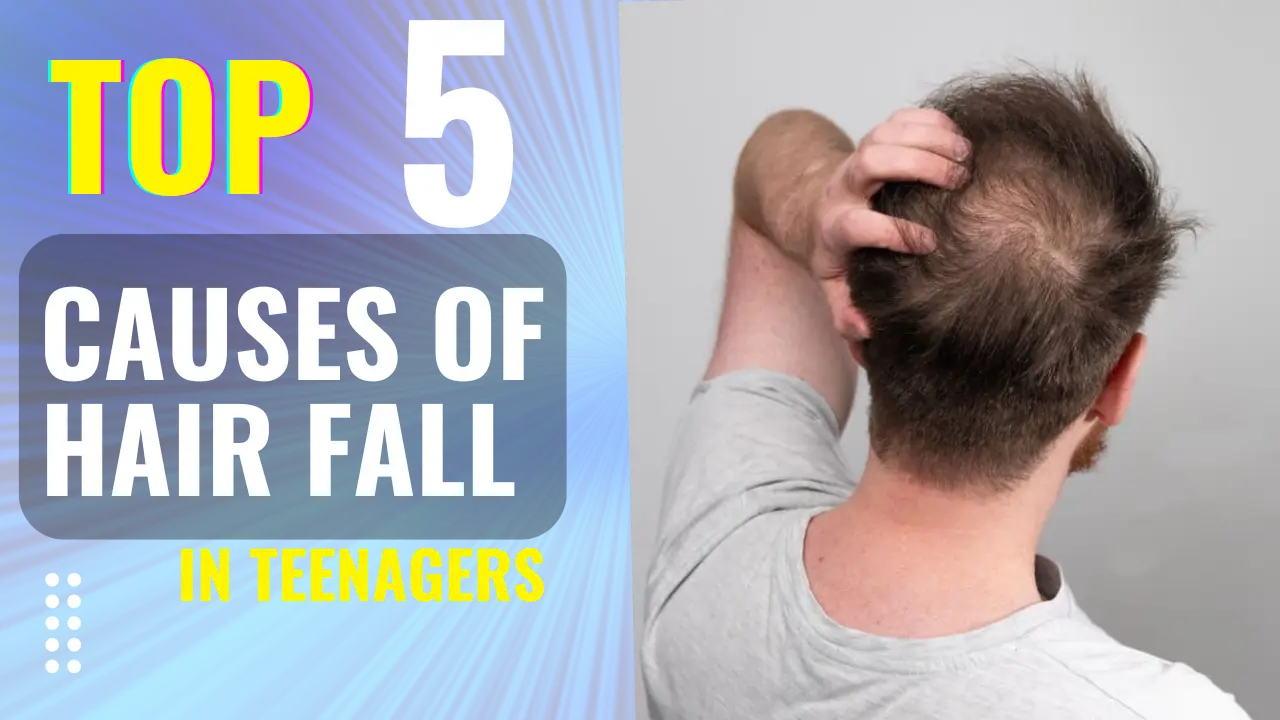
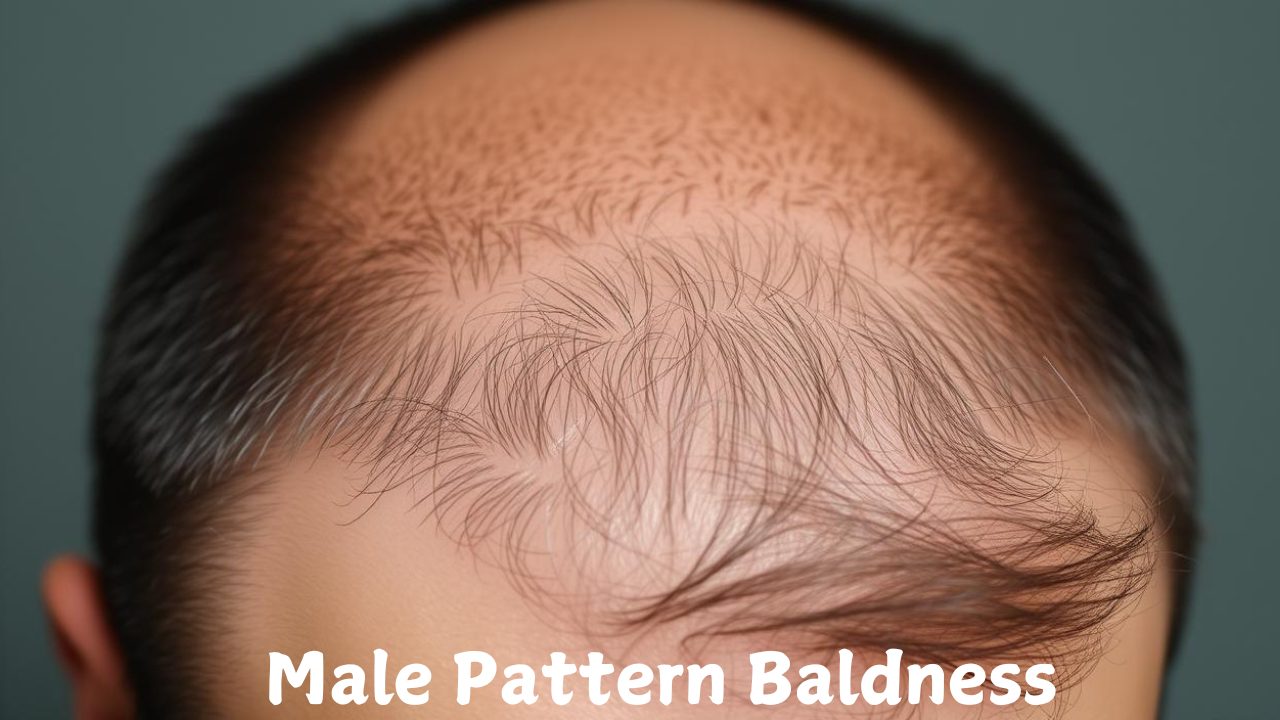



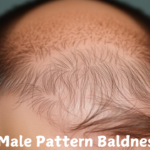



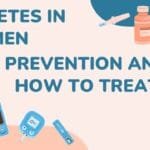


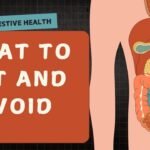



2 thoughts on “Top 5 Shocking Causes Of Hair Fall In Teenager|How To Treat”